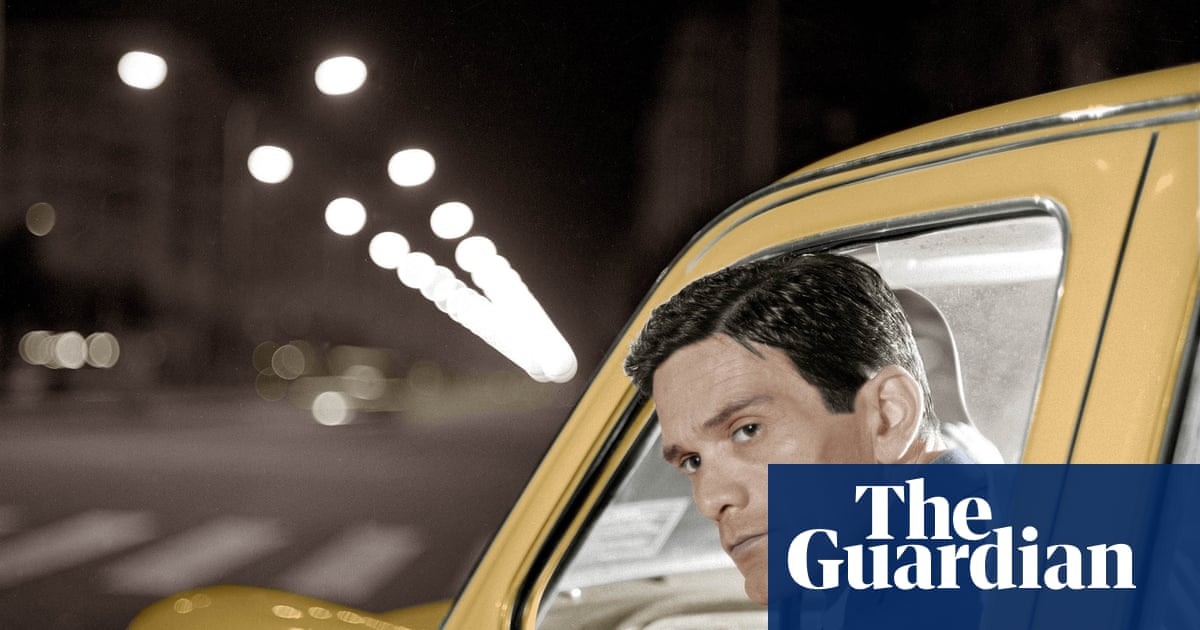
"Ugliness, noted Pier Paolo Pasolini, is never completely depressing or repulsive. It contains within it an allegory of hunger and pain, its history is our history, the history of Fascism It is tragic, but immediate, and for this reason, full of life. For Pasolini, ugliness was its own kind of truth, such that Rome could lay no claim to being the most beautiful city in the world if it were not, at the same time, the ugliest."
"Olivia Laing's second novel, The Silver Book, is a work preoccupied with beauty. Set in the world of Italian cinema in 1974, the book overflows with extravagant film sets, feasts, dazzling costumes. Even Pasolini himself, cruising around in his Alfa Romeo, oozes charisma and allure. But as Pasolini made clear, beauty without its opposite can only ever be incomplete. The book opens at the peak of its art and intensity."
Ugliness embodies hunger, pain, and the history of Fascism while remaining tragic and immediate. Rome appears simultaneously as most beautiful and ugliest. A touristic gaze skims over slums of illness, violence, crime, and prostitution, treating that underdeveloped sub-proletarian world as extraneous and untimely. Set in 1974 Italian cinema, a callow Nicholas flees London, meets set designer Danilo Donati in Venice, becomes his lover and assistant, and travels to Fellini's Casanova set and to the villa used for Pasolini's Salo. The language alternates urgent imagery with terse, present-tense paragraphs whose briskness both animates and undermines the material.
Read at www.theguardian.com
Unable to calculate read time
Collection
[
|
...
]